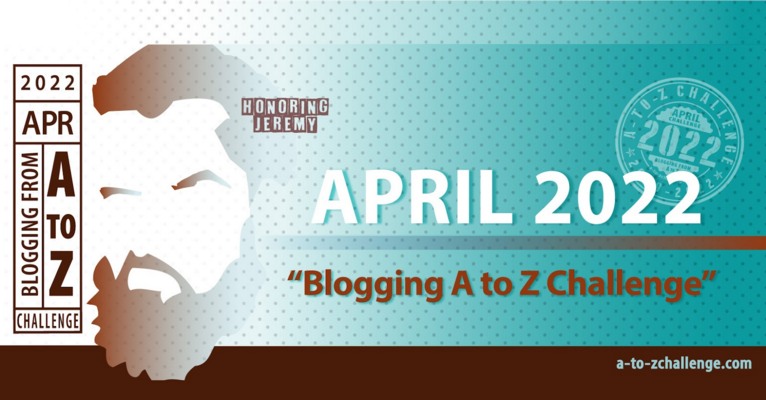For many years I’ve wanted a system to formalize developing relationships with organizations or other entities.
I don’t want to apply it to everything — the number of connections can become immense — but where a relationship becomes significant enough to track, I want a way to formalize it.
Most relationships are fairly static, and where they exist between entities other than players I can largely dictate them. If I want a rivalry or alliance between two entities I don’t need to quantify it, I can simply describe it. If circumstances suggest it might change, I can choose whether or not this happens.
When PCs get involved, things might be worth quantifying more rigorously. I’m leaning toward an approach based on that presented in the Pathfinder Roleplaying Game Ultimate Intrigue.
The short form is that as you do things that bring you to the attention of the entity (positively or negatively) you may move up or down in the esteem of the entity.
- Rank 0: 0 total influence points.
- Rank 1 or –1: From 1 to 5 total influence points.
- Rank 2 or –2: From 3 to 8 total influence points.
- Rank 3 or –3: From 7 to 12 total influence points.
- Rank 4 or –4: From 13 to 18 total influence points.
You gain influence points mostly be acting for or against the goals of the entity. A typical action might gain 2-5 points, and a minor action (possibly coincidental — you did something that affects the entity, even if you didn’t know it would) might gain 1-2 points. The influence point totals might be taken only as indicators of when you might be eligible to advance in rank, but there can be other requirements (certain levels of ability, formal bonds, etc.). Larger, more influential entities might require two, three, four, or even more times as many points to advance. For instance, the totals above might work for a small church, but gaining rank across the entire religion might take many times more influence points.
The resources the entity are willing to spend on your behalf (to help or hinder you) scales with your rank. At lower ranks the entity might be willing to take incidental effort to help you, or act against you if you are directly interfering with them, but otherwise will largely ignore you. At the highest ranks you can affect the the direction the entity takes — either as a leader or trusted advisor, or the lengths they’re willing to go to acting against you.
The 3.x-era Player’s Handbook II had ‘affiliations’ that looked quite a bit like this, but the affiliation score calculations typically were more mechanical and included things I would have treated as requirements or gating effects rather than adding to the score. Character level, ranks in a skill, and so on. The Pathfinder approach focuses on story-related elements, actions and consequences.
My entity template already has a section for relationships, and for goals and interests. I might want to consider adding influence details, how PCs can endear (or enrage) the entities.
For my purpose in the blog series, I’ll want to write the factions and deities up as entities… including how to develop the relationships, for good or bad.


I like the idea of accidentally earning points with an entity :D
The Multicolored Diary